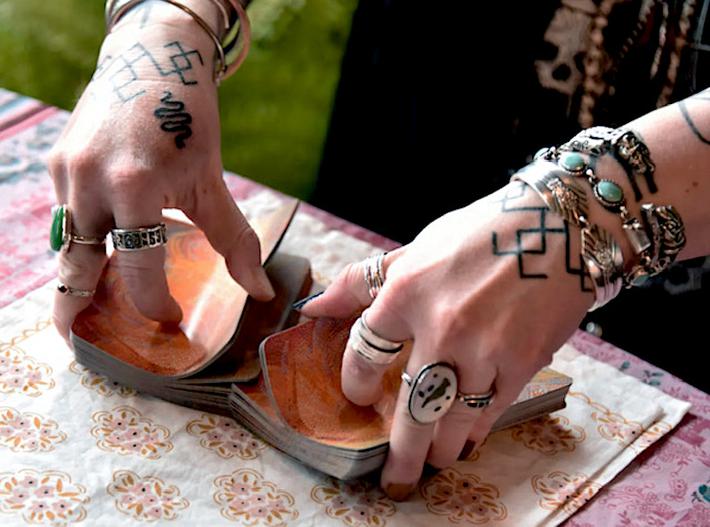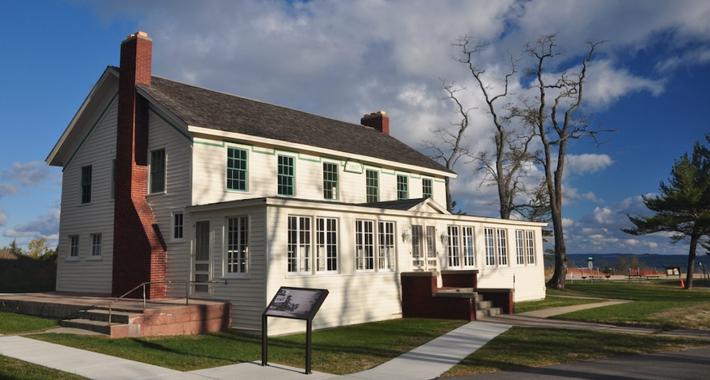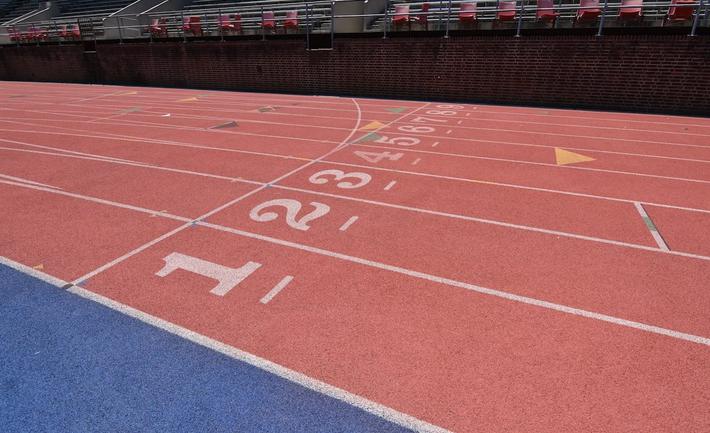Where the Lemon Tree Grows: An understanding of the Middle East
Guest Opinion
By Isiah Smith, Jr. | Jan. 6, 2024

The war is raging in Gaza, and the Middle East is becoming a disaster zone. Daily, the situation grows more dire. The war is well into its third month, and the almost demonic disregard for human life is inexplicable. The casualties on both sides are massive, and as of this writing, the fighting and killing continue unabated.
Americans view the chaos and carnage, and as they habitually do, take sides and find someone to demonize. Thoughtlessly, they turn against each other for the serious crime of expressing views and opinions at odds with their own.
Each side thinks only they know the truth. It’s amazing how much truth one can find securely wrapped in the warm cocoon of ignorance, conclusions formed without having to leave the comfort of predetermined and fiercely held beliefs.
Some Americans are found guilty of having independent thoughts about the Hamas-Israel war and are duly punished. For example, at the recent congressional hearings, three university presidents were grilled McCarthy-style about their views on what constitutes antisemitism. The University of Pennsylvania President lost her job; two other universities narrowly escaped professional and public floggings. This is the price one pays for not following the wisdom of the crowds.
We’ve experienced this phenomenon before. Not so long ago, critics of the Iraq war were subject to personal and professional ruin. Later, men caught in the #MeToo net were automatically unlovable, unemployable, and unfriendable. Who needs evidence when the self-righteous mob smelled blood? The roll call of tainted men grew steadily: Neil deGrasse Tyson, Bill Maher, Chris Matthews, and Garrison Keillor to name just a few.
I think before you offer an opinion on important issues, such as the seemingly intractable Middle East tragedy, you should know what you are talking about. Stated more strongly: All Americans must become better informed about the facts and should reject “alternative facts.”
One place to start learning about the Arabs and Jews in the Middle East is the book The Lemon Tree: An Arab, a Jew, and the Heart of the Middle East by Sandy Tolan.
The Lemon Tree tells the true story of two families who share a common history emanating from the walls of Jerusalem stone located on the coastal plain east of Tel Aviv and Jaffa. From one solitary house, and the distinctive lemon tree in its garden, we follow a path that leads to separate and collective histories. We learn of lives intertwined, of two families, and find a much larger story of two people on one land.
Published in 2006, The Lemon Tree unfolds against the background of the first Arab Israeli War’s 50th anniversary. It begins in 1967, when Bashir Khairi, a 25-year-old Palestinian man, returns from exile in the West Bank to knock on the door of the house in al-Ramla in Israel where he once lived. There, he will meet Dalia Eshkenazi, a young Israeli college student who was, until that moment, unaware of the history of her house and her country. Through this biography, the author highlights how two families on opposite sides of the conflict—the al-Khairis and the Eshkenazis—are connected on a level that transcends both faith and human fallibility.
Both groups deny reality, which leads them to attempt to demonize and destroy the brother they insist is the other. As Aldous Huxley wrote, “reality cannot be ignored except at a price; and the longer the ignorance is persisted in, the higher and more terrible becomes the price that must be paid.”
The Lemon Tree circles back in time to the 1930s, when Bashir’s father, Ahmad, carefully built his family’s house out of stone and planted a lemon tree in the backyard. Although the tree would take several years to bear fruit, if at all, Ahmad believed in patience and thought he had time to see the tree flower.
The book’s major theme is the parallels between the Jewish and Palestinian experiences. The question today is whether they will ever reconcile. The strongest answer to this question may be found in The Lemon Tree: By the end of the book, Dalia and Bashir’s friendship has become more distant, but Dalia, ever hopeful, replanted the lemon tree that had died in her backyard, hoping for a better future.
The solution, it seems to me, is either a choice between a one-state solution where both groups share equally in all the land, or a two-state solution where each group has their own land. Both solutions require the same thing: Mutual respect for the humanity of the other and the other’s right to exist.
Lemon tree, very pretty, and the lemon flower is sweet
But the fruit of the poor lemon is impossible to eat.
— Will Holt
Isiah Smith, Jr. is a retired government attorney.
Trending

Meaningful, Practical, Magical
Sarah Snider, owner of Poetess and Stranger, has poured nearly three decades of experience into the creation of her Petosk... Read More >>
Restoring Sleeping Bear Inn
It won’t be long before Glen Haven visitors will be able to experience waking up in the oldest hotel in the National... Read More >>
Dream Team in the Dugout
Northern Michigan’s Dream Team, a co-ed baseball league for youths, teens, and young adults with disabilities, is ge... Read More >>


